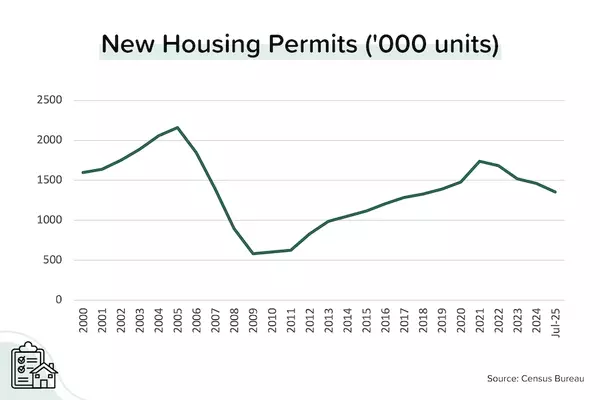Your Responsibilities as a Homebuyer During Escrow: What You Must Know to Protect Yourself


Buying a home is a major investment—and once you’ve entered the escrow process, your role becomes more important than ever. While your real estate agent is here to guide and support you, it's essential that you, as the buyer, take an active role in protecting your interests. Escrow is not the time to take a back seat. It’s the time to ask smart questions, investigate concerns, and take action.
Let’s dive into what that really means—and how you can confidently take charge of your responsibilities during escrow.
What is Escrow, and Why Does Your Role Matter?
Escrow is the neutral holding process in a real estate transaction where a third-party (the escrow officer) manages documents, funds, and instructions from both buyer and seller until all terms of the agreement are fulfilled. In California and many western states, it replaces what is often called “settlement” in other areas.
But here’s the truth: even though professionals are managing the logistics, your participation can make or break your experience. According to the National Association of Realtors (NAR), 32% of delayed closings in 2023 were due to issues that could have been avoided with better communication and documentation during escrow (source: www.nar.realtor).
Be Proactive with Property Disclosures
One of the most critical documents you’ll receive is the Transfer Disclosure Statement (TDS). This form outlines known issues or conditions with the property.
🔍 What to Watch For:
-
Items marked "unknown" or left blank
-
Vague responses or inconsistencies
-
Disclosures that don’t match what you observed during walkthroughs or inspections
Take Action: Ask follow-up questions—don’t accept “I’m not sure” or “it’s probably nothing.” Your due diligence now can save you thousands later.
Speak Up About Your Concerns or Plans
Have questions about the land behind your new home? Planning to add a pool or start a home business? These aren’t just side thoughts—they could significantly impact your use and enjoyment of the property.
💬 Discuss these with your agent and ask the seller or city officials for clarity. Common issues to investigate include:
-
Zoning limitations or changes
-
Development plans in surrounding areas
-
Permit history for additions or remodels
-
Homeowner Association (HOA) restrictions
Dig Deeper Into the Neighborhood and Non-Physical Conditions
Your responsibilities go beyond the four walls of your potential home. The surrounding community and city planning can affect your home’s value and your lifestyle.
📌 Here’s what to research or request information about:
-
Zoning & Permits: What restrictions exist for adding structures, renting out units, or remodeling?
-
School District Ratings: Use resources like GreatSchools.org to compare education options.
-
Crime Rates: Access data through CrimeReports.com or local police websites.
-
Sex Offender Registry: Check proximity through Megan’s Law database.
-
Noise/Traffic: Are you close to train tracks, a highway, or an airport?
-
Nearby Businesses or Farms: These may affect noise, odor, or air quality.
-
Upcoming Developments: Look into local planning commission meetings or city development maps.
💡 TIP: Websites like city-data.com and your local planning office are treasure troves of insights.
Home Warranties: Extra Peace of Mind
More buyers (and sellers) are turning to home warranties as a way to add protection after closing. A warranty can cover certain systems and appliances for a flat fee, reducing out-of-pocket expenses when something breaks.
🔧 Typical Costs & Coverage:
-
Cost: $300 – $600 annually
-
Service Call Fee: $35 – $50 per visit
-
Coverage: Plumbing, electrical, HVAC, pest control, major appliances
📞 Most providers offer 24/7 emergency services. This is especially helpful if you're buying an older home where surprises are more common.
The Bottom Line: You Deserve to Be Informed and Empowered
Taking an active role in the escrow process doesn’t mean you need to know everything—but it does mean you should ask questions, seek clarity, and partner with a knowledgeable real estate agent who can advocate on your behalf.
By stepping into your role with confidence, you’ll ensure your transaction goes smoothly—and you’ll avoid costly mistakes down the road.
Categories
Recent Posts










